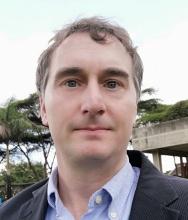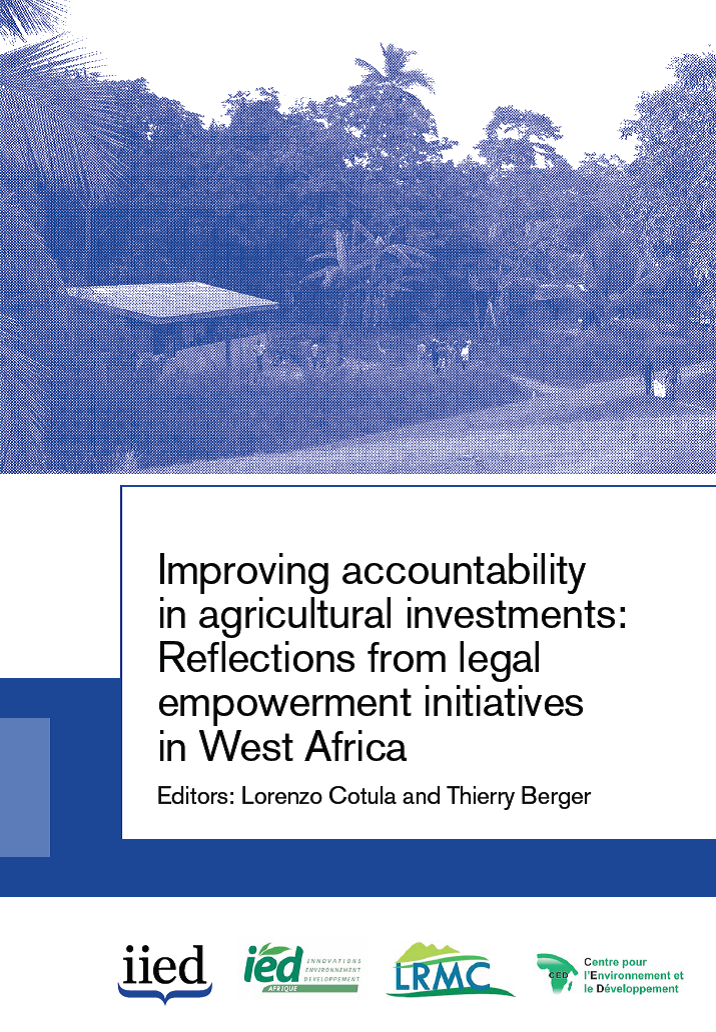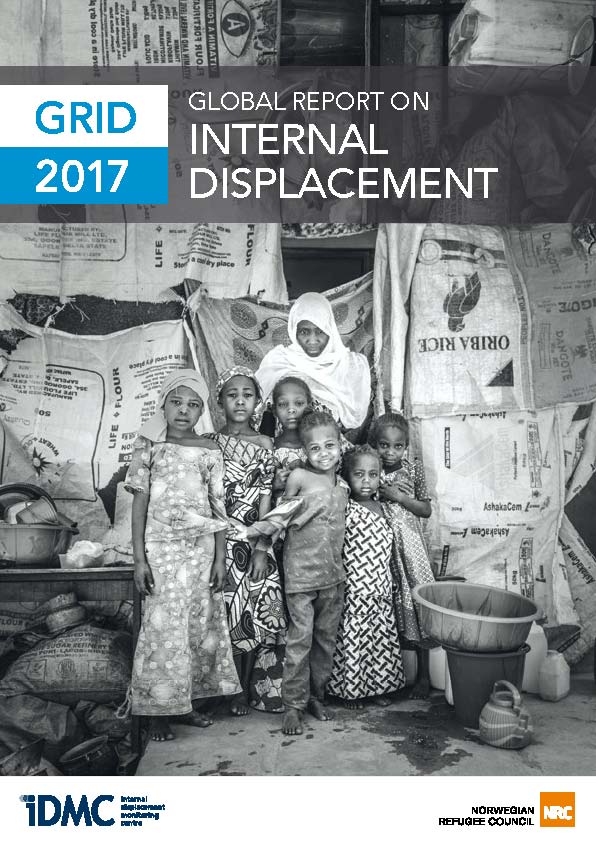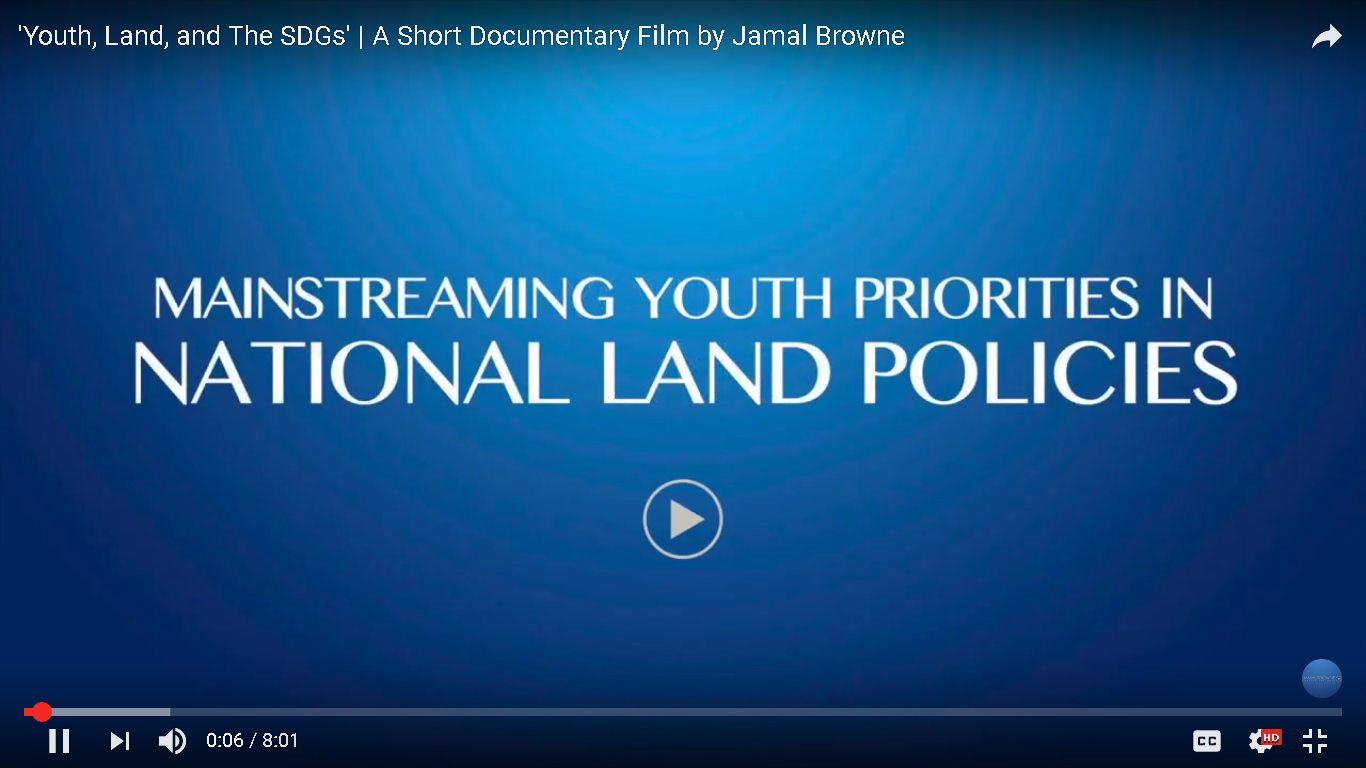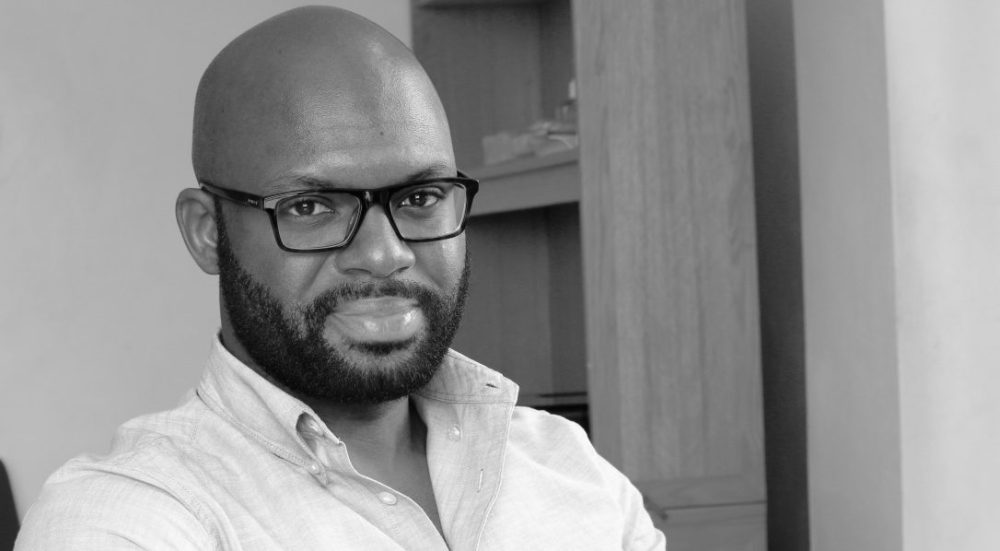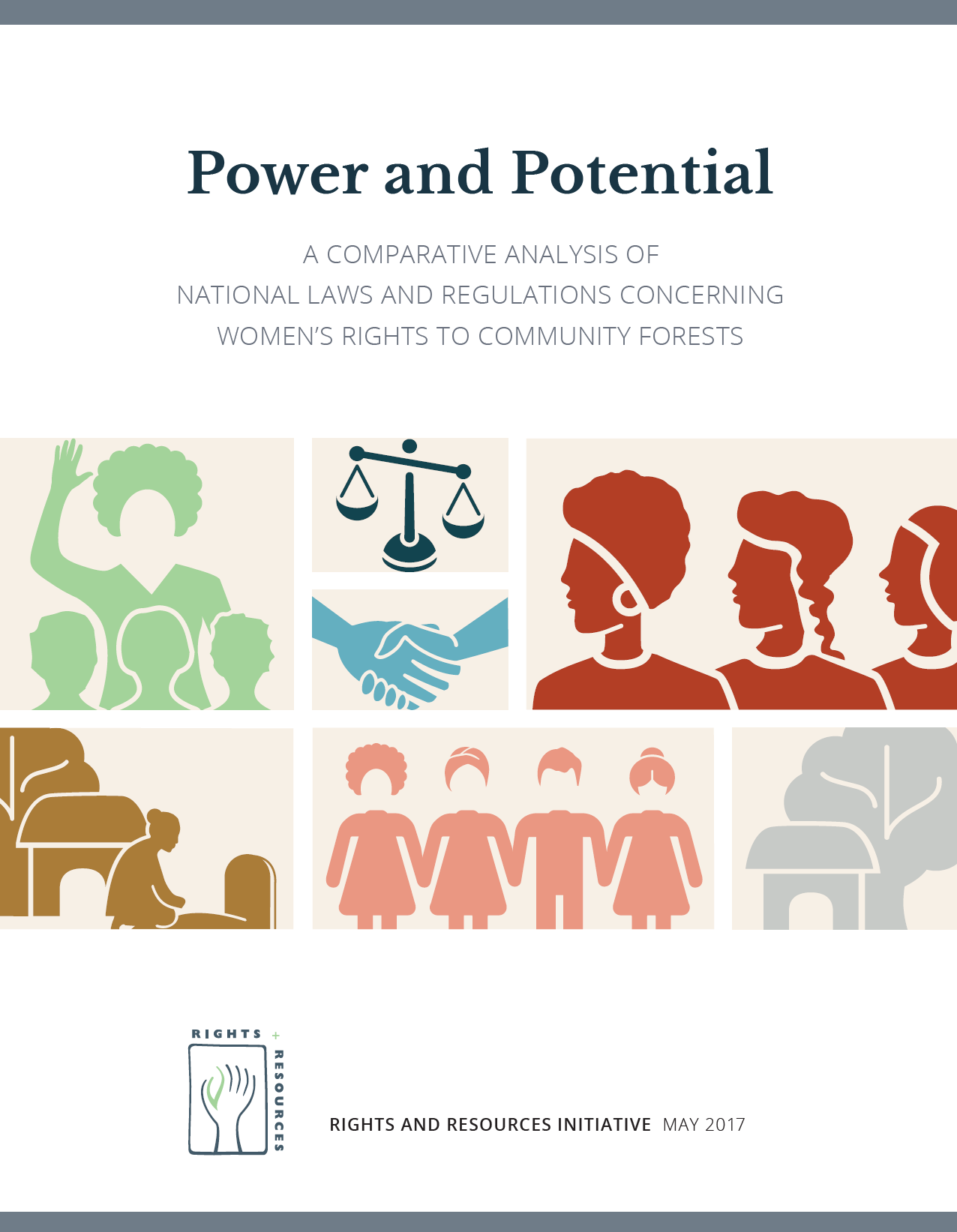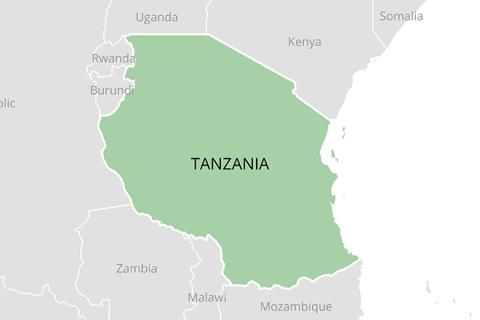Neil Sorensen joined the Land Portal as its Communications Specialist in October 2015. He has extensive experience leading communications for international organizations and developing relationships with civil society, donors, intergovernmental agencies, the media and the private sector. Previously, Neil worked for the International Fund for Agriculture Development (IFAD) as a Governing Bodies Officer and Strategic Adviser to the Secretary of IFAD. He has also led communications for three international organizations, including the International Land Coalition, the International Federation of Agricultural Producers (IFAP) and the International Federation of Organic Agriculture Movements (IFOAM). He holds a Master’s degree in Global Diplomacy from the University of London School of Oriental and African Studies (SOAS) as well as a Bachelor’s degree with a double major in German and Sociology from St. Cloud State University.
Details
Location
Contributions
Displaying 851 - 860 of 1144Extractive industries push Africa’s indigenous peoples to the margins
With detailed field studies from Kenya, Cameroon, Uganda and Namibia, a new report sheds light on the consequences of extractive industries on land rights and indigenous peoples in Africa. “Worrying that so little is done to protect the environment and the indigenous peoples,” says the report.
Environmental degradation, cultural ethnocide and gross human rights violations: For indigenous peoples these are some of the consequences of the current global race for natural resources and raw materials.
Deforestation in the Brazilian Atlantic Forest Increased Almost 60% in 2016
SAO PAULO, Brazil – On May 29 the NGO SOS Mata Atlântica and the Instituto Nacional de Pesquisas Espaciais released their annual report on the Atlantic Forest with some worrying results. The report shows that between 2015 and 2016, more than 29,000 hectares (71,660 acres) of native forests were lost. That’s a 57.7 percent increase over the previous year.
Bangladesh: Forest dwellers losing their rights
Forest dweller Utpal Nokrek, who is now at 32, has been restricted to a wheelchair for 13 years.
It was 3 January 2004 when Utpal was shot during clashes between the forest dwellers and police over acquisition of thousands of acres of forest land by the government in the name of an eco-park at Tangail's Madhupur forest.
"As the forest dwellers of Garo and Koch communities protested the eco-park project, rangers and police opened fire. I was shot during the clashes," Utpal said.
Improving accountability in agricultural investments: Reflections from legal empowerment initiatives in West Africa
A recent surge in agribusiness plantation deals has increased pressures on land in many low- and middle-income countries. Rural people have mobilised to protect their rights, seek better terms or oppose the deals altogether. Since 2014, an initiative in Cameroon, Ghana and Senegal has worked to help people harness the law in order to have greater control over decisions that affect them – a process commonly referred to as legal empowerment.
A spatio-temporal analysis of forest loss related to cocaine trafficking in Central America
A growing body of evidence suggests that criminal activities associated with drug trafficking networks are a progressively important driver of forest loss in Central America. However, the scale at which drug trafficking represents a driver of forest loss is not presently known. We estimated the degree to which narcotics trafficking may contribute to forest loss using an unsupervised spatial clustering of 15 spatial and temporal forest loss patch metrics developed from global forest change data.
'Youth, Land, and The SDGs' | A Short Documentary Film by Jamal Browne
JamalBrowne.com
International Development Expert, writer, and motivational speaker Dr. Jamal Browne, continues to establish himself as an outstanding young leader within the Caribbean region and across The Americas.
At just 31 years old, his professional and academic accomplishments are testimony to his progressive outlook on life, while his civic engagements and keen sense of social responsibility reflect his commitment to improving the human condition, while inspiring others to do the same.
Power and Potential
Up to 2.5 billion people hold and use the world’s community lands, yet the tenure rights of women—who comprise more than half the population of the world’s Indigenous Peoples and local communities—are seldom acknowledged or protected by national laws.

